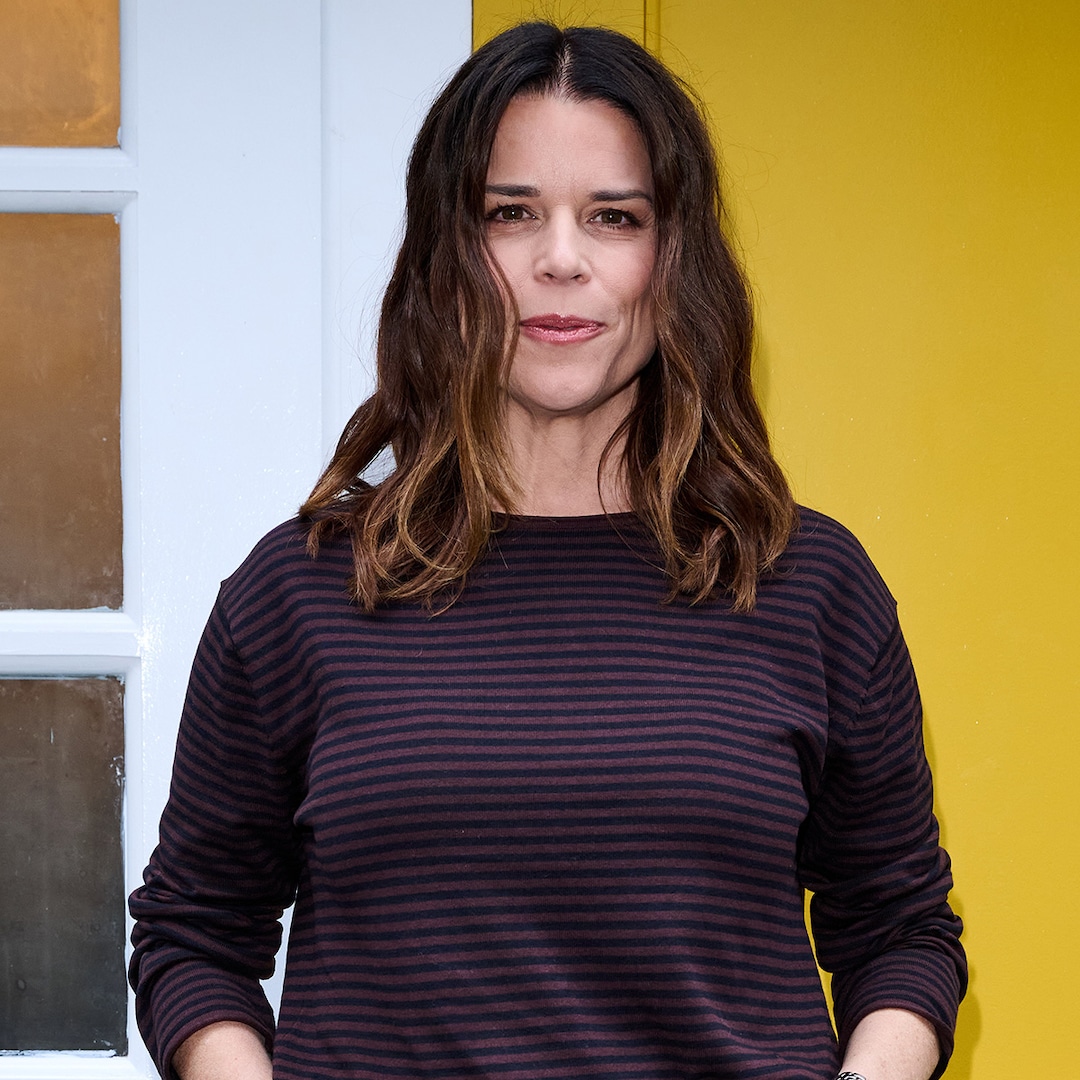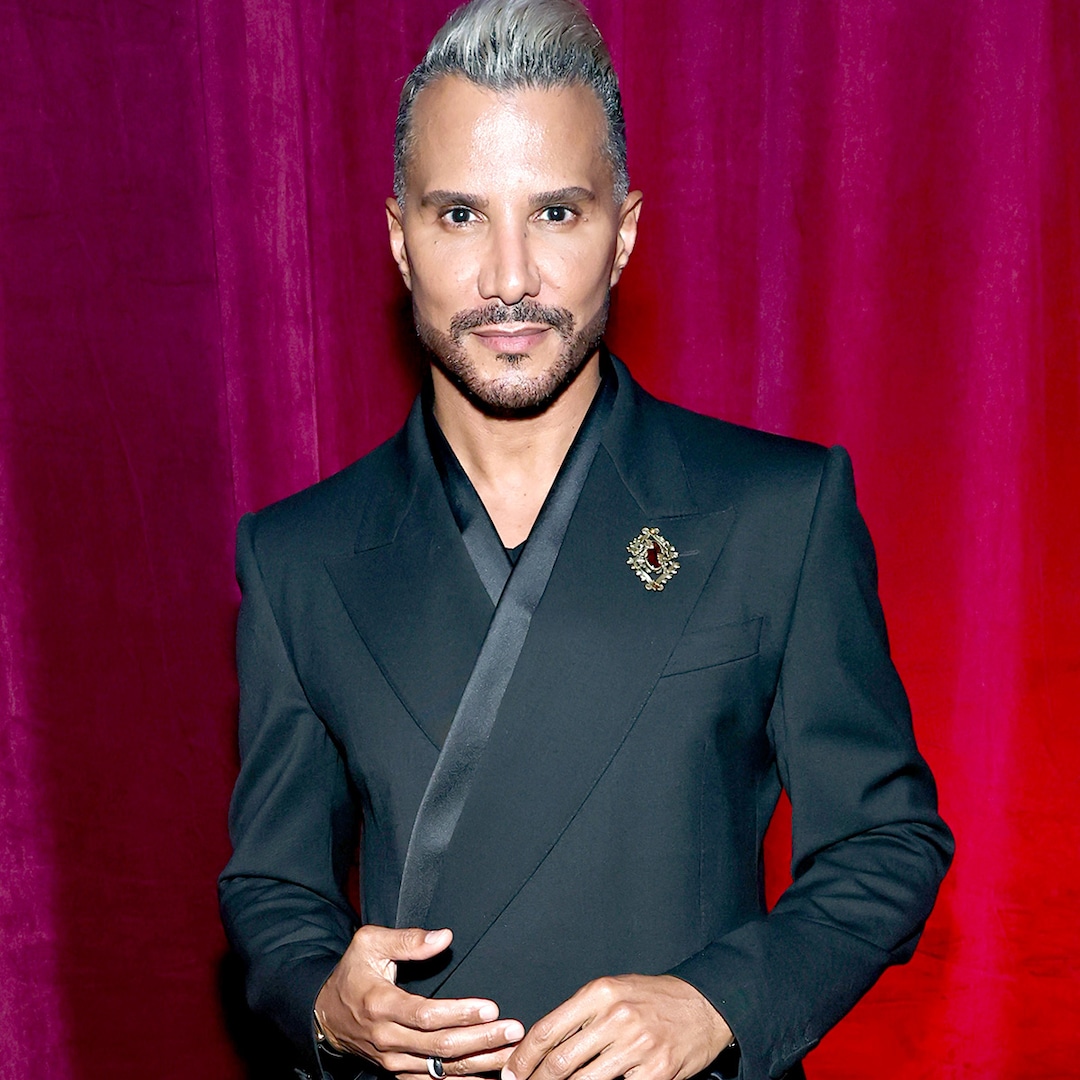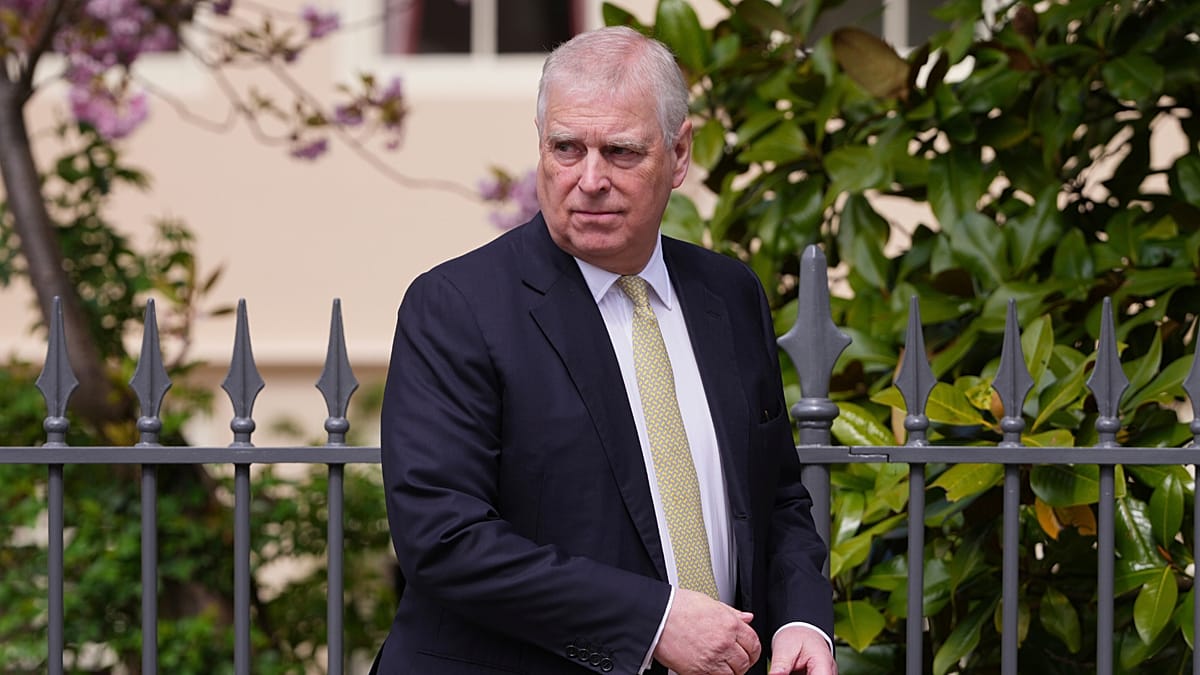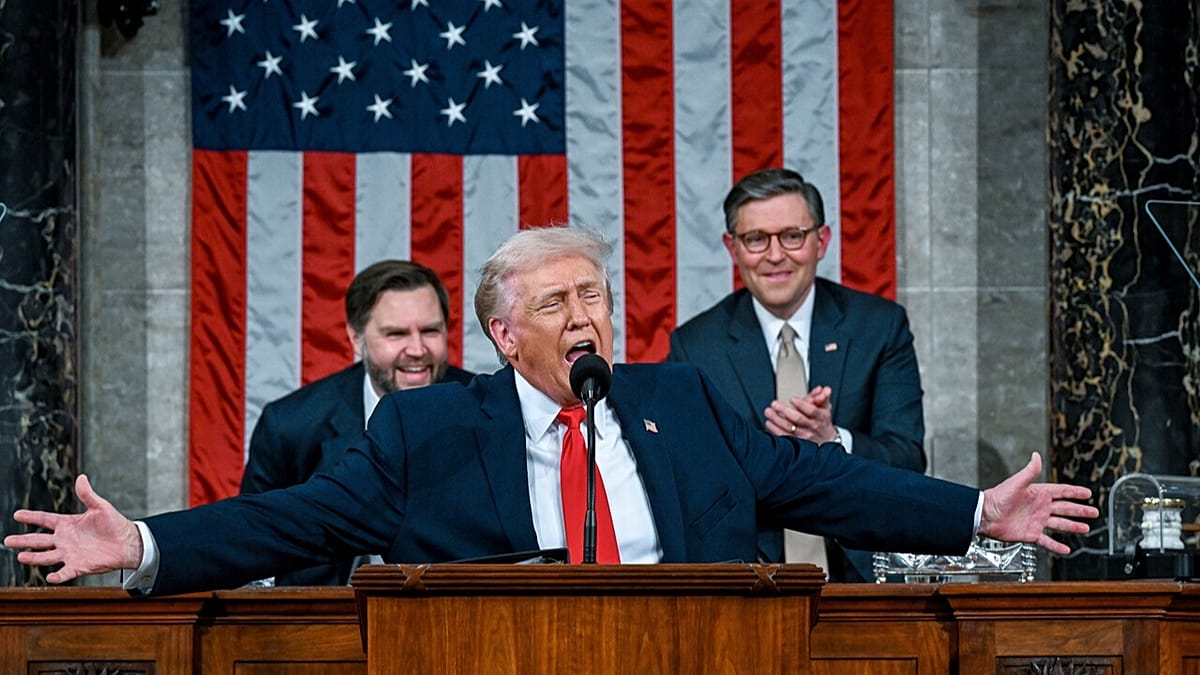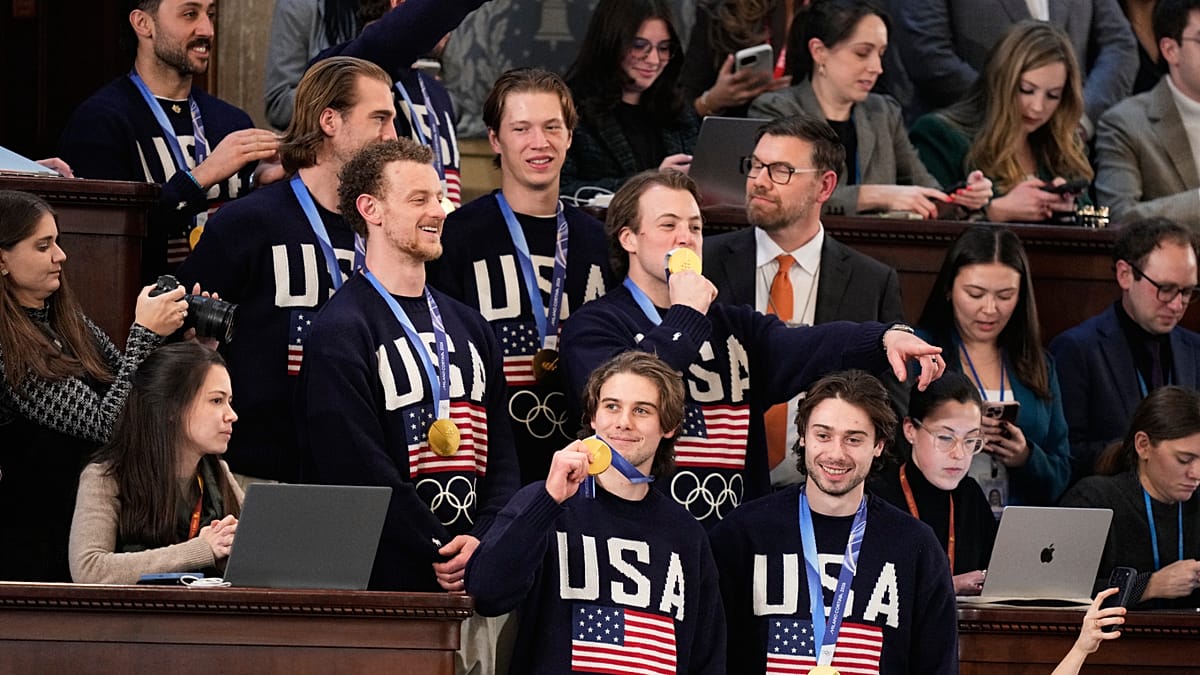The Best German Managers in Bundesliga History
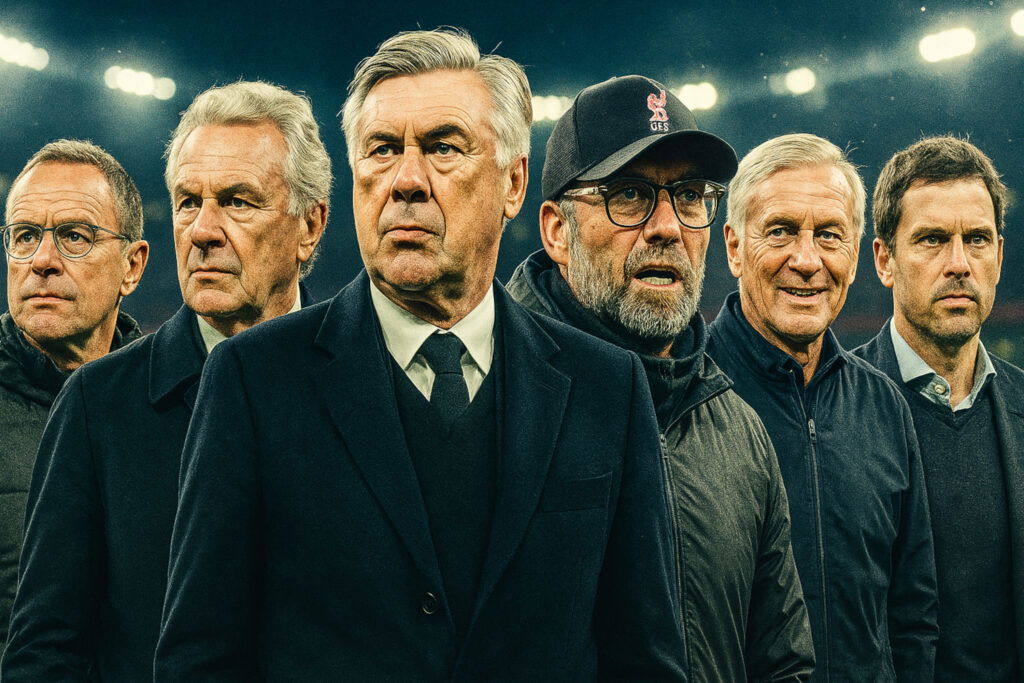
The Bundesliga has produced a long line of German managers who not only dominated domestically but also reshaped football across Europe. Their approaches range from the meticulous structure of Udo Lattek to the pressing revolution of Jürgen Klopp. This is a look at the greatest German tacticians to ever command a touchline in the Bundesliga, and how their philosophies turned clubs into dynasties.
Udo Lattek
No list begins without Udo Lattek. The man managed Bayern Munich, Borussia Mönchengladbach, and Barcelona with near-clinical success. His Bayern side of the 1970s, built around Beckenbauer and Müller, became a continental force. Lattek won eight Bundesliga titles, a European Cup, and two UEFA Cups.
What made him special was balance. His teams were ruthless without losing discipline, a trademark that later shaped German coaching standards.
Head-to-head:
Lattek’s Bayern faced Hennes Weisweiler’s Gladbach sides in a series of clashes that defined an era. Between 1970 and 1979, they shared all but one Bundesliga title between them.
Ottmar Hitzfeld
Often described as a moderniser wrapped in calmness, Hitzfeld’s approach to man-management was unmatched. He guided Borussia Dortmund to a Champions League title in 1997 before leading Bayern Munich to European and domestic dominance in the early 2000s.
His double success with two clubs remains a rare feat, and his teams often displayed tactical control rather than chaos. He nurtured players like Sammer, Kahn, and Effenberg into leaders who reflected his precision.
Trophy count:
-
7 Bundesliga titles
-
2 Champions League trophies
-
Multiple domestic cups
Rivalries:
Hitzfeld’s Bayern faced Jupp Heynckes’ Leverkusen and Dortmund with quiet intensity, where control often outweighed flair.
Jupp Heynckes
Heynckes bridged eras, from a player in the 1970s to managing Bayern to the 2013 treble. His football evolved with time. What began as a hard-pressing, direct style matured into one of the most fluid possession-based systems in German football.
That 2012-13 Bayern side remains one of the most complete in Bundesliga history, beating Jürgen Klopp’s Dortmund 2–1 at Wembley to seal European supremacy.
Head-to-head:
Heynckes vs Klopp defined the transition between generations. The master of structure versus the prophet of pressing. Their duels were tactical theatre, both men knowing the other’s strengths almost too well.
Jürgen Klopp
Klopp changed not only Borussia Dortmund but German football itself. His gegenpressing system redefined intensity, team unity, and tactical purpose. His Dortmund sides from 2010 to 2013 were thrilling, with quick transitions, explosive energy, and a fearless approach against richer rivals.
He won back-to-back Bundesliga titles and reached a Champions League final, all while operating on a modest budget. Klopp’s methods forced Bayern to evolve, directly influencing the tactical direction of the league.
Legacy:
Even after moving to Liverpool, his fingerprints remain visible in German coaching, inspiring figures like Julian Nagelsmann and Thomas Tuchel.
Thomas Tuchel
Tuchel brought structure to Klopp’s chaos. At Mainz and Dortmund, he transformed pressing into a more cerebral art, introducing positional play and modernised build-up patterns. His Bayern stint restored domestic dominance while maintaining European competitiveness.
Though often described as intense, Tuchel’s attention to spatial control and defensive transitions reflects the new generation of German tacticians who mix analytics with instinct.
Comparison:
Tuchel’s Dortmund averaged higher possession and pass accuracy than Klopp’s title-winning teams, showing how the Bundesliga had tactically evolved in just a few years.
Hennes Weisweiler
The father of Gladbach’s golden age, Weisweiler’s teams were adventurous, full of young, attacking talent. His 1970s Borussia Mönchengladbach sides, powered by Jupp Heynckes and Berti Vogts, played with speed and flair rarely seen in that period.
He cultivated a dynamic style that stood in contrast to Lattek’s structure. The rivalry between their sides represented a clash of philosophies—individual creativity versus collective precision.
Highlights:
-
3 Bundesliga titles
-
UEFA Cup 1975
-
Built one of Europe’s youngest championship-winning teams
Helmut Schön and the National Influence
While Schön is better known for his work with West Germany, his managerial influence stretched into Bundesliga coaching circles. His focus on tactical discipline and player psychology influenced a generation that included Lattek and Hitzfeld.
The success of the national team in 1974, blending Bayern and Gladbach cores, mirrored the tactical evolution of the domestic league.
Honorable Mentions
Felix Magath for his rigid fitness regimes and Bayern titles.
Ralf Rangnick for his visionary work at Hoffenheim and Leipzig, introducing data-led pressing systems.
Julian Nagelsmann as the modern pioneer, evolving the league into a tactical laboratory of young managers unafraid to experiment.
Legacy of the German Touchline
From Lattek’s control to Klopp’s emotion, the Bundesliga has been defined by managers who mirror the country’s footballing identity—organised, evolving, and bold. Each era builds upon the last, blending science and instinct into a constant cycle of reinvention.
The next great German manager is likely already in the dugout of a small club, refining patterns that will define the next decade of European football.
Meta recap:
Title: The Best German Managers in Bundesliga History
Description: From Lattek’s 1970s dominance to Klopp’s pressing revolution, this historical appraisal explores the greatest German tacticians, their rivalries, and their enduring impact on Bundesliga football.
















